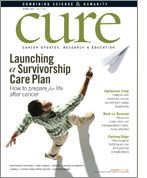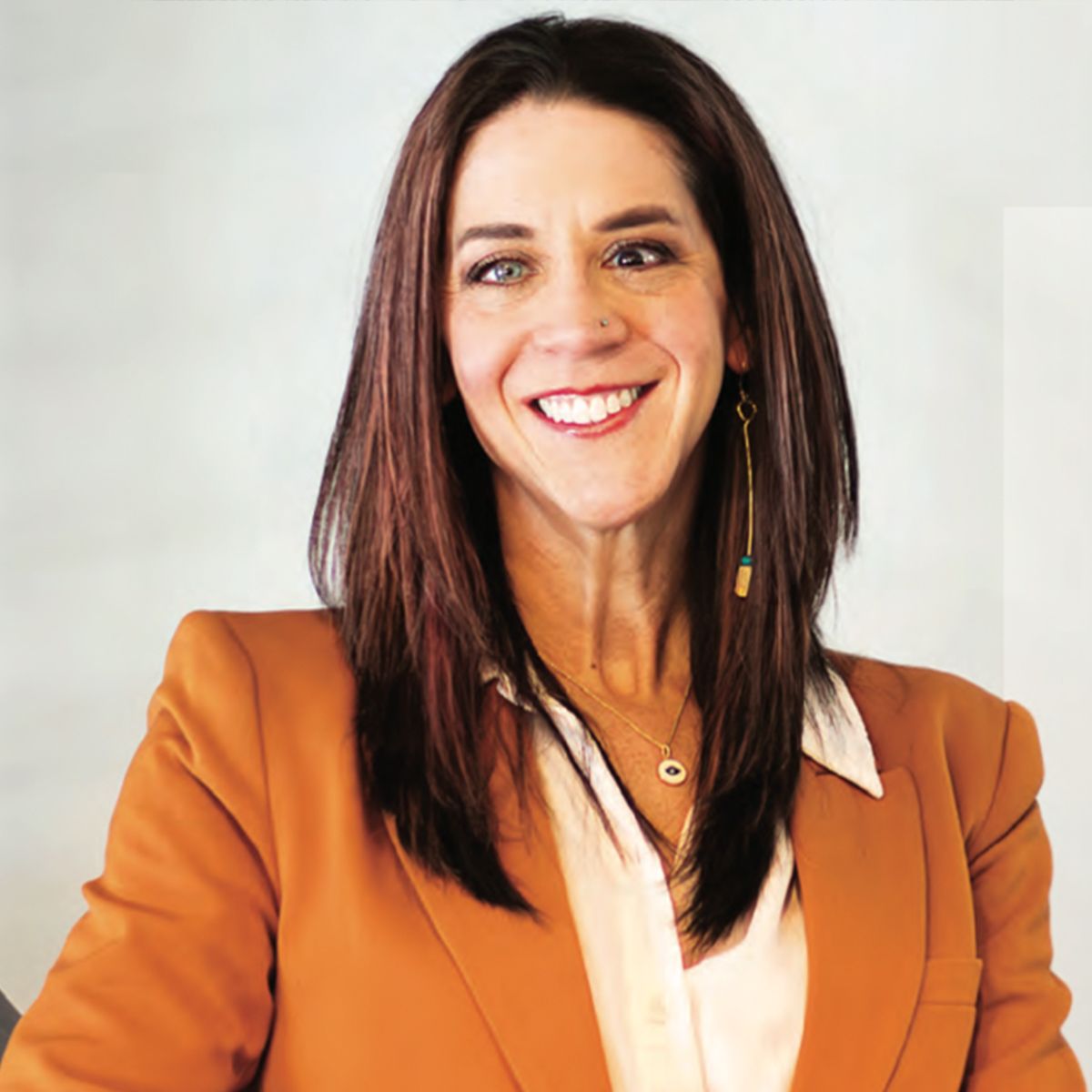Publication
Article
CURE
Hospitals, Medical Professionals Should Set an Example for Healthy Living
Author(s):
Q: Why do hospital cafeterias continue to offer foods that are clearly bad for people?
A: There is a lot of conversation these days about diet and obesity. We are clearly a nation that is becoming larger, and with that there is great concern that we are going to see increasing obesity rates and deaths from cancer. In the most dire predictions, obesity may actually erase some of the gains we have made in reducing tobacco-related cancer deaths.
A recent article in the Journal of the American Medical Association made a fascinating suggestion: Those in the medical profession, hospitals and others involved in health care could do a much better job of setting an example as to how we should eat more healthy foods.
It is not such a far-fetched idea. After all, medical professionals should lead the way. And history suggests that by setting such an example we will give a subtle (and perhaps not-so-subtle) clue to our patients and their families that we as professionals take this issue seriously.
Historically (as hard as it may be to believe), doctors smoked cigarettes. As the data began to accumulate in the 1960s that smoking was hazardous to health, doctors took the message to heart and significantly decreased their tobacco consumption. It may have taken a couple of years for people to get the message, but get it they did. And now, finding a physician or other health professional who cares directly for patients and still smokes is unusual, to say the least.
So why shouldn’t health professionals and health organizations take the lead in showing us how to eat better? Shouldn’t our meetings, gatherings and hospital food, for example, show us how to do it right? In fact, there are health and medical organizations who are taking this call to action seriously, and creating guidelines for healthy meals for their meetings and their facilities.
We all need to work hard to stem and reverse the tide of obesity. And it would be terrific to see health professionals, our institutions and organizations leading the way.
—Len Lichtenfeld, MD, is deputy chief medical officer of the American Cancer Society. Send questions to [email protected].






